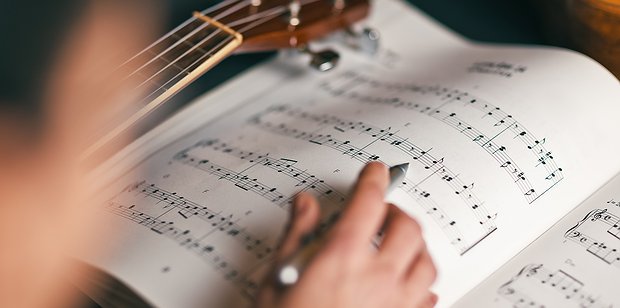Music is a powerful form of expression and communication that can be enjoyed by people of all ages and abilities. For special needs students, music can be an especially effective tool for learning, communication, and emotional expression. Music lessons can provide a safe and supportive environment for special needs students to explore their creativity, develop their skills, and gain confidence in their abilities.
In this article, we will explore the benefits of music lessons for special needs students and discuss some tips for teaching music to this population.
Contents
Benefits of Music Lessons for Special Needs Students
1. Emotional Expression
Music has the power to evoke strong emotions and can be a valuable tool for special needs students who may have difficulty expressing themselves verbally. Through music, students can express their emotions in a safe and supportive environment. Playing an instrument, singing, or composing a song can be a powerful outlet for students to express themselves and communicate their feelings.
2. Cognitive Development
Learning music requires a range of cognitive skills, including memory, attention, and sequencing. Music lessons can help special needs students develop these skills in a fun and engaging way. Research has also shown that music lessons can improve language processing, reading comprehension, and spatial-temporal skills in special needs students.
3. Social Interaction
Music lessons can provide special needs students with opportunities to interact with their peers and develop social skills. Group music lessons can help students learn to work together, communicate effectively, and develop empathy and respect for others. Music can also provide a common ground for students with different abilities to connect and share their interests.
4. Physical Development
Playing an instrument or singing requires coordination, fine motor skills, and breath control. Music lessons can help special needs students develop these physical skills in a fun and engaging way. Playing music can also provide a low-impact form of exercise that can improve overall physical health and well-being.
Tips for Teaching Music to Special Needs Students
1. Individualized Instruction
When teaching music to special needs students, it is important to provide individualized instruction that takes into account their unique abilities and needs. This may involve modifying the curriculum, using visual aids or assistive technology, and breaking down complex tasks into smaller steps. Teachers should also be prepared to adjust their teaching style to accommodate different learning styles and preferences.
2. Multi-Sensory Approach
Special needs students often learn best through a multi-sensory approach that engages all of their senses. This may involve using visual aids, tactile materials, and movement-based activities to reinforce concepts and skills. Teachers can also incorporate different types of music, such as classical, jazz, or world music, to expose students to a variety of styles and cultures.
3. Positive Reinforcement
Special needs students may face unique challenges when learning music, but they also have unique strengths and talents. Teachers should focus on the positive aspects of their students’ abilities and provide plenty of positive reinforcement and encouragement. Celebrating small successes and accomplishments can help build confidence and motivation.
4. Patience and Flexibility
Teaching music to special needs students can be challenging, but it can also be incredibly rewarding. Teachers should approach each lesson with patience and flexibility, recognizing that progress may be slow and uneven. It is important to create a safe and supportive environment where students feel comfortable taking risks and making mistakes.
5. Collaboration with Families and Caregivers
Collaboration with families and caregivers is essential when teaching music to special needs students. Teachers should work closely with parents, therapists, and other professionals to develop individualized learning plans and monitor progress. Communication and collaboration can help ensure that students receive the support and resources they need to succeed.
Conclusion
Music lessons can be a valuable tool for special needs students, providing opportunities for emotional expression, cognitive development, social interaction, and physical development.




